
Former Residence and Memorial Hall of Zhu De in Kunming
Overview
The Former Residence and Memorial Hall of Zhu De (昆明朱德旧居纪念馆) is located in the center of Kunming (昆明市) at the original residence of Zhu De (朱德), known as “Jieyuan” (洁园). In 2015, Yunnan Province (云南省) initiated restoration work to transform Zhu De’s former residence into a patriotic education base dedicated to promoting and passing down the excellent traditions of the older generation of proletarian revolutionaries.
Location and Facilities
- Address: No. 4 Honghua Lane (红花巷), Crystal Palace Community (水晶宫社区), Huashan Street Office (华山街道办事处), Wuhua District (五华区), Kunming City (昆明市), Yunnan Province (云南省)
- Area: Over 1,200 square meters, with an exhibition space of 560 square meters
- Exhibitions: Consists of graphic exhibitions and scene restorations, including various rooms like the main hall, reception room, study, and dining room, reflecting Zhu De’s living conditions at that time.
- Opening Hours: 9:00 AM – 4:30 PM, closed on Mondays.
- Inauguration Date: December 1, 2016
- Type: Historical Museum
Structure
“Jieyuan” is a traditional Chinese courtyard house located in the center of Kunming at the intersection of Honghua Lane (红花巷) and Xiaomeiyuan Lane (小梅园巷). Zhu De moved here in 1921 and named it “Jieyuan.” This residence witnessed Zhu De’s quest for truth and his path toward communism. A grand opening ceremony was held here on December 1, 2016.
Landscape
The newly renovated Former Residence and Memorial Hall of Zhu De has an exhibition area of over 500 square meters. Through graphic exhibitions and scene restorations, it showcases Zhu De’s significant years in his second hometown, Yunnan.
Historical Background
Zhu De, originally named Zhu Daizhen (朱代珍), was born in 1886 in Sichuan (四川) and became a founding father of the People’s Republic of China (中华人民共和国). Driven by a desire to save the country, he left his family in 1909 and embarked on a 70-day journey from Sichuan to Kunming to enroll in the Yunnan Military Academy (云南陆军讲武堂), marking the beginning of his military career and revolutionary journey.
Significance of Zhu De’s Time in Yunnan
Zhu De’s time in Yunnan was of great significance to him, and he felt a deep pride for Yunnan. During this period, he changed his name to Zhu De and participated in the National Protection War (护国战争), the Constitutional Protection War (护法战争), and the suppression of bandits in southern Yunnan. He rose to the rank of commander of the Yunnan Army Military Police and was honored as a “National Protection General” (护国名将).
In 1921, to accommodate his relatives who arrived in Kunming, Zhu De purchased a residence at the foot of Wuhua Mountain (五华山) and built a home named “Jieyuan.” In 1922, he left this small courtyard for Germany, where he joined the Communist Party of China (中国共产党), embarking on a new revolutionary journey.
Having engaged in learning and revolutionary work in Yunnan for 13 years, Zhu De developed a strong attachment to this land. He recalled, “Yunnan is my second hometown, with a glorious revolutionary tradition that I will never forget.”
Legacy
After the founding of the new China, Zhu De visited Yunnan three times for inspections and donated this residence, the only one he built himself in his lifetime, to the Yunnan provincial government for use as a school and a community office building. In 1983, Zhu De’s former residence was designated as a key cultural relic protection unit by the Wuhua District (五华区) of Kunming City.
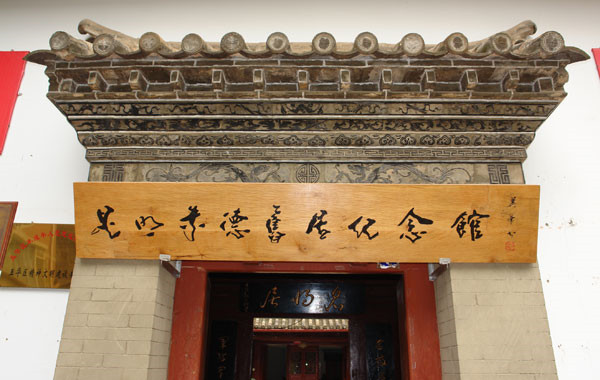
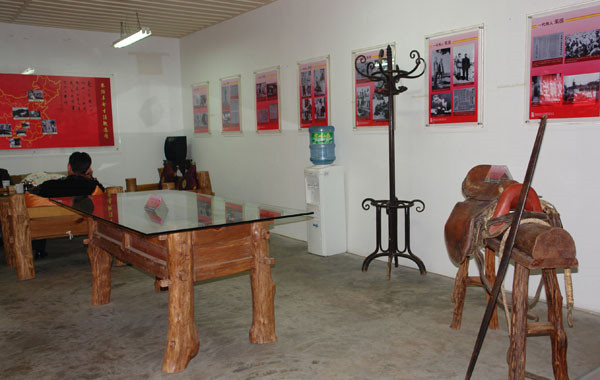
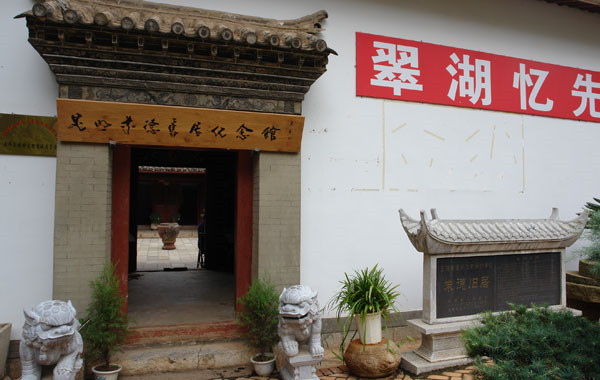
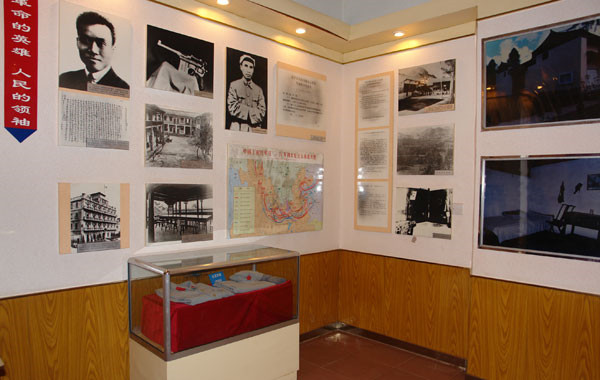
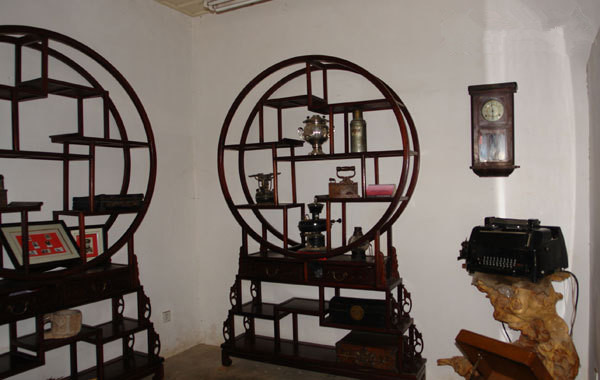

 7 Days GolfingTour
7 Days GolfingTour
 8 Days Group Tour
8 Days Group Tour
 8 Days Yunnan Tour
8 Days Yunnan Tour
 7 Days Shangri La Hiking
7 Days Shangri La Hiking
 11 Days Yunnan Tour
11 Days Yunnan Tour
 6 Days Yuanyang Terraces
6 Days Yuanyang Terraces
 11 Days Yunnan Tour
11 Days Yunnan Tour
 8 Days South Yunnan
8 Days South Yunnan
 7 Days Tea Tour
7 Days Tea Tour
 8 Days Muslim Tour
8 Days Muslim Tour
 12 Days Self-Driving
12 Days Self-Driving
 4 Days Haba Climbing
4 Days Haba Climbing
 Tiger Leaping Gorge
Tiger Leaping Gorge
 Stone Forest
Stone Forest
 Yunnan-Tibet
Yunnan-Tibet
 Hani Rice Terraces
Hani Rice Terraces
 Kunming
Kunming
 Lijiang
Lijiang
 Shangri-la
Shangri-la
 Dali
Dali
 XishuangBanna
XishuangBanna
 Honghe
Honghe
 Kunming
Kunming
 Lijiang
Lijiang
 Shangri-la
Shangri-la
 Yuanyang Rice Terraces
Yuanyang Rice Terraces
 Nujiang
Nujiang
 XishuangBanna
XishuangBanna
 Spring City Golf
Spring City Golf
 Snow Mountain Golf
Snow Mountain Golf
 Stone Mountain Golf
Stone Mountain Golf



















